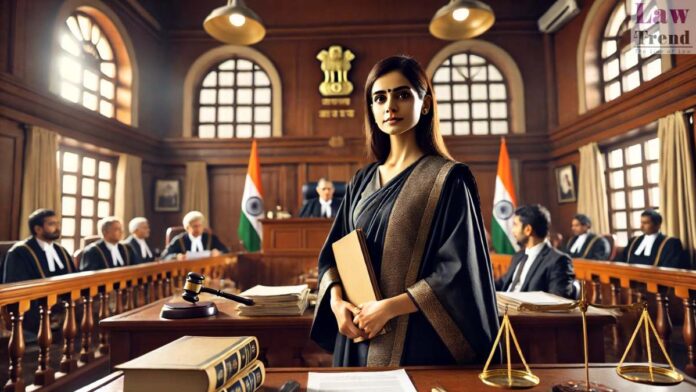The Delhi High Court has ruled that the processes of Commercial Courts cannot be dealt with in a casual manner to convert them into general civil suits. Justice Girish Kathpalia dismissed a petition challenging a Commercial Court’s order that took a defendant’s Written Statement off the record due to the non-payment of imposed costs. Case
To Read More Please Subscribe to VIP Membership for Unlimited Access to All the Articles, Download Available Copies of Judgments/Order, Acess to Central/State Bare Acts, Advertisement Free Content, Access to More than 4000 Legal Drafts( Readymade Editable Formats of Suits, Petitions, Writs, Legal Notices, Divorce Petitions, 138 Notices, Bail Applications etc.) in Hindi and English.




